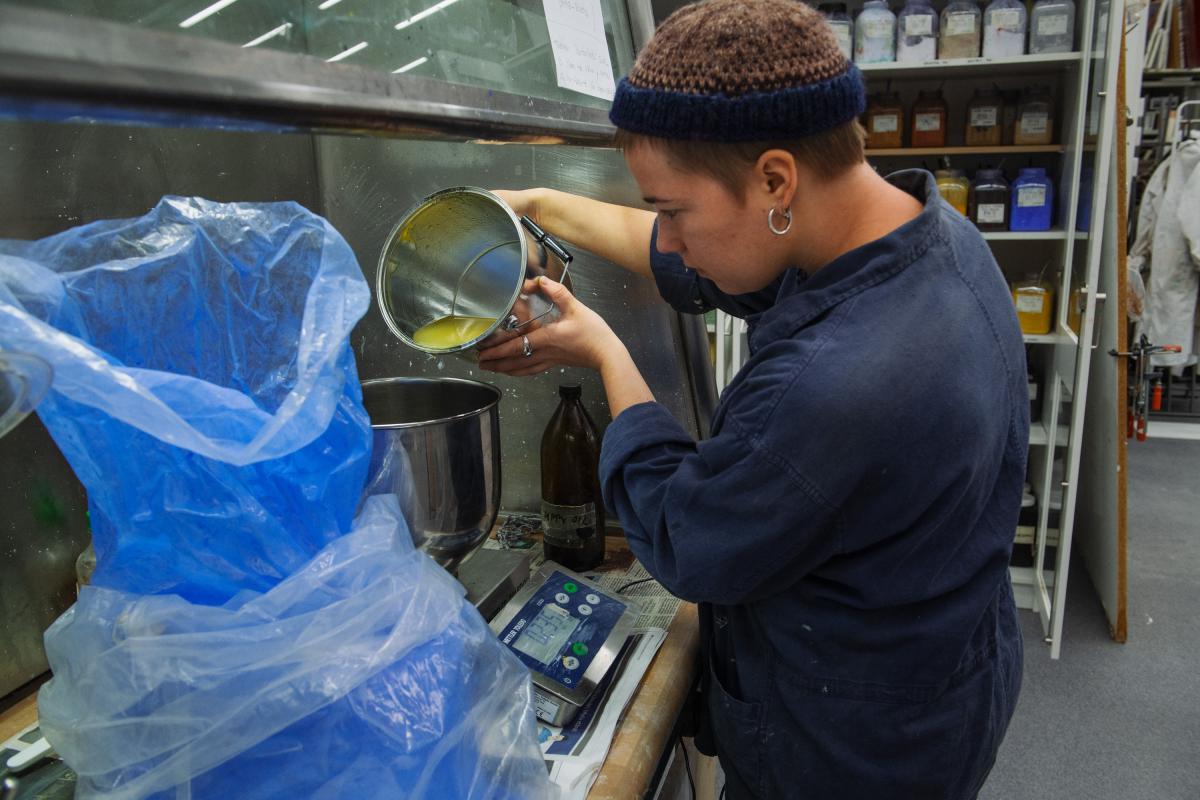Development of responsibility in Uniarts Helsinki’s procurement

In 2022, we compiled a guide for making more responsible purchases. In addition to this, in acquisitions of over 60,000 euros, we use a risk management model that promotes the management of risks related to the responsibility of acquisitions as well as risks related to reaching the goals of the acquisitions. Our goal is to include at least one central responsibility-related criterion in all invitations to tender. We gather information about the responsibility of service providers and suppliers by sending all contracting suppliers that provide services worth of over 30,000 euros a supplier questionnaire concerning responsibility issues.
So far, we have taken responsibility into consideration in the following ways, for example:
- We have awarded points for the guarantee period in tendering processes: this way the guarantee period has been longer than usually, which promotes longer durability of the product.
- We have taken responsibility into consideration in our restaurants’ product selection: we promote organic food and favour local products and fresh ingredients that are in season.
- In the tendering process for facility maintenance, we awarded points for the service providers’ achievements in projects that aim at reducing negative environmental effects.
- We required all service providers in tenders for construction services to have an environmental impact management plan: how the service providers recycle their waste; in addition to this, the materials they used had to comply with the M1 emission classification.
- In connection with the tendering process for waste management, we developed our internal logistics and recycling of waste (e.g. by expanding sorting and by replacing the waste press with waste bins).
- In the tendering process for occupational healthcare services, we considered the service providers’ responsibility reports, eco certifications, diversity of the workplace community, the positive environmental impact of digital services and better accessibility of services.
- In furniture purchases, we took material certifications into consideration.
- In certain IT services, we awarded points for producing energy required by the operating environment of the services with renewable energy.